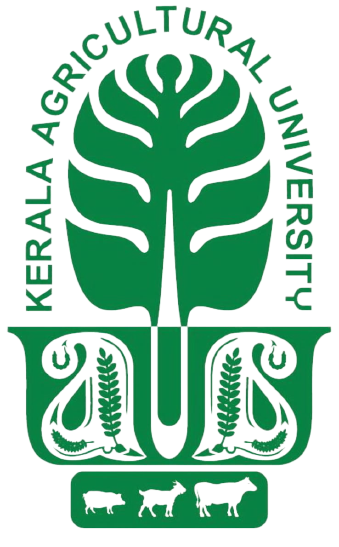Trichosanthes cucumerina Linn.
Synonyms : T.anguina Linn.
Family : Cucurbitaceae
Parts Used : Whole plant
Vernacular Names :-
| English | : | Wild snakegourd |
| Malayalam | : | Kattupatavalam, Patolam |
| Hindi | : | Palval, Parvar |
| Sanskrit | : | Pargavi, Meki, Parvara, Patola |
| Bengali | : | Potol |
| Tamil | : | Kombuppudalai |
| Telungu | : | Kommupotta |
Distribution and habitat: Found throughout India, in plains and in lower hills.
Botany: A slender annual monoecious climber with furrowed stem.
- Stems : 3.6-4.5 cm long, slightly hairy possess tendrils.
- Leaves : Simple, broader than long, leaf 5-12.5 cm long, orbicular reniform, distantly denticulate, base deeply cordate.
- Flowers : Monoecious, males in axillary racemes, bearing 8-15 flowers near the apex, white coloured. Females solitary axillary.
- Fruits : 4-6 cm long, ovoid, fusiform, indehiscent berries, tapering at both ends, green colour with white stripes when raw, scarlet red when ripe.
- Seeds : Semiellipsoid when ripe, compressed, surrounded with red pulp.
Chemical constituent: Fruit contains tetra cyclic triterpenes-cucurbitacins, cucurbitacin B, β-trichosanthin
Properties: The plant is bitter, acrid, thermogenic, emollient, laxative, depurative, alexeteric, anthelmintic, appetiser, carminative, digestive, cholagogue, stomachic, anodyne, expectorant, ardiotonic, suppurative, vulnery, anti-inflammatory, antipyretic and tonic.
Uses: It is useful in leprosy, leucoderma, anorexia, dyspepsia, flatulence, colic, dipsia, hyper acidity, hepatopathy, jaundice, helminthiasis, haemorrohoids, cephalagia, cough, asthma, intermittent fevers etc.
Propagation: Seeds. Spacing adopted for field planting is 90 cm X 60 cm.
